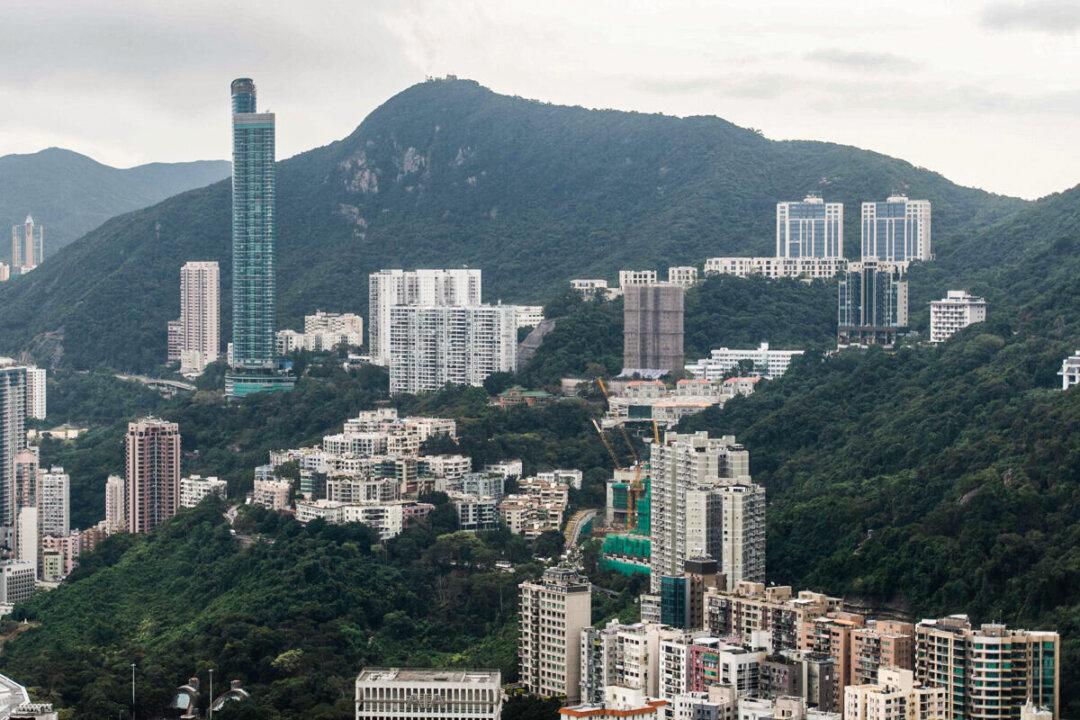A Chinese Tycoon from Fujian Province recently bought 20 units at Canninghill Piers, a luxury condominium development in Singapore. More and more Chinese tycoons are worried about leaving a large proportion of their money in mainland China and are transferring their assets abroad. Within this asset transfer fever, Singapore has become the number one safe haven of choice.
Although the Singapore government attempted to cool down its real estate market through the Additional Buyer’s Stamp Duty (ABSD), a tax that increased the price of a property by 30 percent if purchased by a foreigner, it does not stop the interest foreign tycoons have in the country’s properties.





